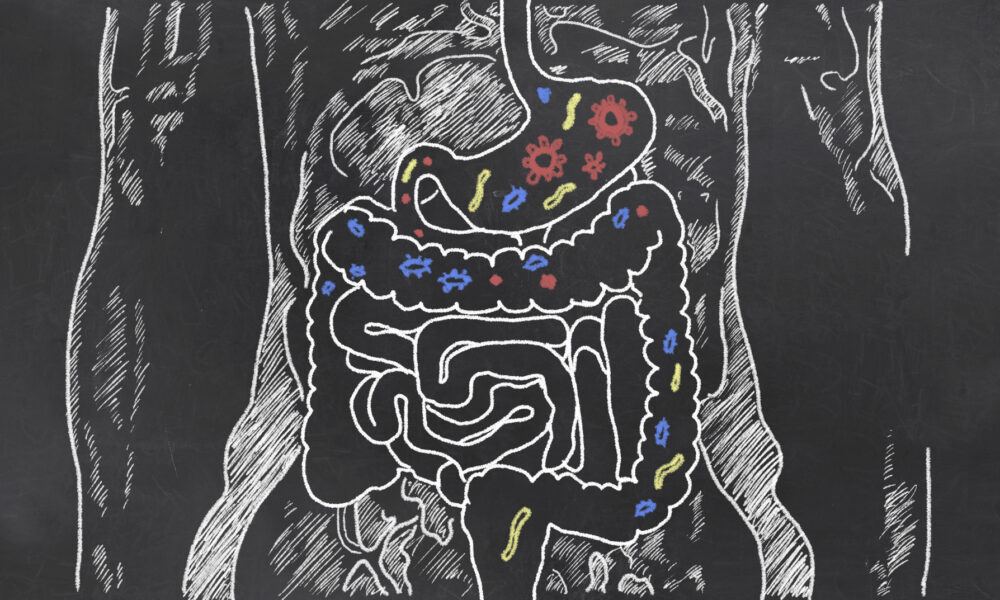Fiber plays a crucial role in the process of digestion and is an essential component of a healthy diet. It refers to the indigestible parts of plant-based foods that pass through the digestive system relatively unchanged. While our bodies cannot break down fiber, it still plays numerous important roles in maintaining our overall health.
Types of Fiber
There are two main types of fiber: soluble fiber and insoluble fiber.
- Soluble Fiber: This type of fiber dissolves in water and forms a gel-like substance in the digestive tract. It can be found in foods such as oats, beans, lentils, fruits, and vegetables. Soluble fiber helps regulate blood sugar levels, lowers cholesterol levels, and promotes a healthy gut.
- Insoluble Fiber: Insoluble fiber does not dissolve in water and adds bulk to the stool. It can be found in foods such as whole grains, nuts, seeds, and the skin of fruits and vegetables. Insoluble fiber aids in preventing constipation, promotes regular bowel movements, and maintains a healthy digestive system.
Benefits of Fiber in Digestion

Fiber provides numerous benefits to the digestive system:
- Improved Bowel Movements: Consuming an adequate amount of fiber helps prevent constipation by adding bulk to the stool, making it easier to pass through the intestines. It also promotes regularity and reduces the risk of developing hemorrhoids and other digestive disorders.
- Healthy Gut Bacteria: Fiber acts as a prebiotic, providing nourishment for beneficial gut bacteria. These bacteria help break down fiber into short-chain fatty acids, which have numerous health benefits, including reducing inflammation in the intestines and improving overall gut health.
- Weight Management: High-fiber foods are generally more filling, which can help with weight management. Fiber-rich foods take longer to digest, keeping us satisfied for longer periods and reducing the likelihood of overeating.
- Stabilized Blood Sugar Levels: Soluble fiber slows down the absorption of glucose, preventing rapid spikes in blood sugar levels. This is particularly beneficial for individuals with diabetes or those at risk of developing the condition.
- Reduced Risk of Heart Disease: Soluble fiber helps lower LDL cholesterol levels, known as “bad” cholesterol, reducing the risk of heart disease and stroke.
Adding More Fiber to Your Diet
It is recommended to gradually increase your fiber intake to allow your body to adjust. Here are some simple ways to add more fiber to your diet:
- Include whole grains such as brown rice, quinoa, and whole wheat bread in your meals.
- Eat a variety of fruits and vegetables, including their skins whenever possible.
- Incorporate legumes, such as beans, lentils, and chickpeas, into your diet.
- Choose snacks that are high in fiber, such as nuts, seeds, and raw vegetables.
- Drink plenty of water to help the fiber move through your digestive system smoothly.
Fiber plays a vital role in digestion and overall health. It promotes regular bowel movements, supports the growth of beneficial gut bacteria, aids in weight management, stabilizes blood sugar levels, and reduces the risk of heart disease. By incorporating fiber-rich foods into your diet, you can maintain a healthy digestive system and improve your overall well-being.


